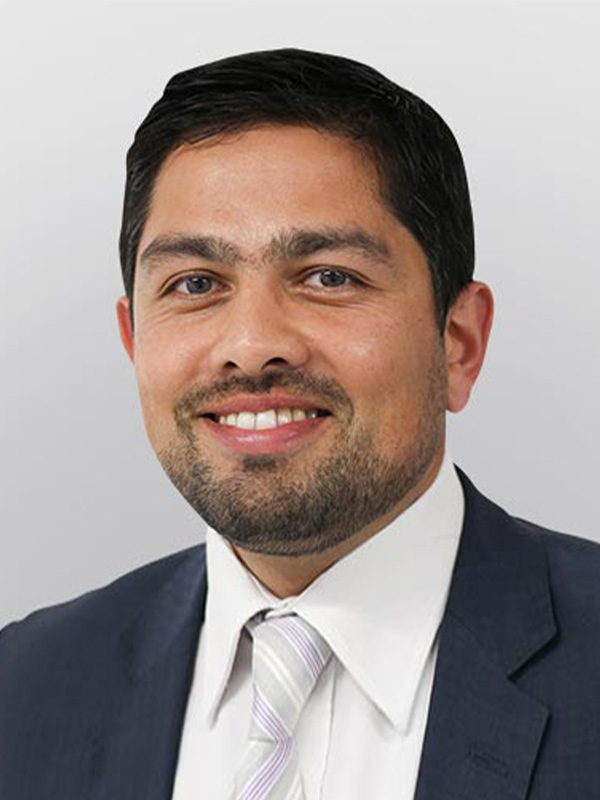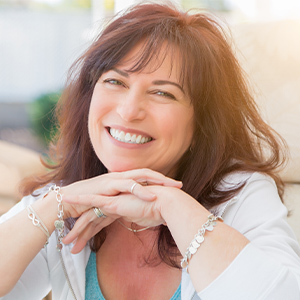
How long does it take to go blind from cataracts?
When it comes to cataracts, a common concern that often arises is “How long does it take to go blind from cataracts?”. The journey from the initial diagnosis to significant vision loss can vary greatly among individuals, influenced by various factors including the type of cataracts, overall health, and access to healthcare. Here, we aim to demystify this process, offering insights and reassurance.
Understanding cataracts
Cataracts are a natural part of the ageing process, characterised by the clouding of the eye’s lens. This condition can lead to a decrease in vision quality, affecting daily activities and overall quality of life. It’s crucial to understand that cataracts develop gradually and can impact one or both eyes.
The timeline: No one-size-fits-all
Asking “How long does it take to go blind from cataracts?” doesn’t have a straightforward answer. The progression can range from a few years to several decades. Key factors include:
- Type of cataract: There are different types of cataracts, and they progress at different rates. For example, a subcapsular cataract may develop more quickly, potentially leading to significant vision loss within months, especially in people with diabetes or those taking high doses of steroid medications.
- Age and overall health: Younger individuals and those in good health may experience a slower progression, while older adults might find their cataracts developing more rapidly.
- Lifestyle and environmental factors: Exposure to UV light, smoking, and poor nutrition can accelerate cataract growth.
Symptoms and signs of cataracts
Cataract development is usually a slow process with symptoms that gradually intensify. Early signs include blurred vision, difficulty with night vision, sensitivity to light, and noticing halos around lights. As the cataract progresses, these symptoms can become more pronounced, leading to significant visual impairment.
Prevention and management
While the natural ageing process cannot be stopped, certain measures can help slow the progression of cataracts or reduce the risk of developing them:
- Regular eye examinations: Early detection through regular eye exams is key to managing the condition effectively.
- Healthy lifestyle choices: Protecting your eyes from UV light, maintaining a healthy diet rich in antioxidants, and avoiding smoking can contribute to eye health.
Treatment, The light at the end of the tunnel
Fortunately, cataract surgery is one of the most common and successful procedures performed worldwide.1https://www.sciencedirect.com/science/article/pii/S2667376221000081 It involves replacing the cloudy lens with an artificial one, restoring clear vision. This surgery is typically recommended when cataracts begin to interfere significantly with daily activities.
It’s important to consult with us to determine the best timing for surgery based on individual symptoms and lifestyle needs. Many patients experience a dramatic improvement in vision quality post-surgery, often returning to activities they enjoyed before cataracts affected their sight.
The bottom line
While cataracts can lead to significant vision loss if left untreated, the timeframe for this progression varies widely. Regular eye care, a healthy lifestyle, and timely intervention are critical in managing the condition. With modern surgical techniques, the prospect of going blind from cataracts has significantly diminished, offering hope and clarity to those affected.
Remember, the fear of blindness should not overshadow the potential for a positive outcome. If you’re experiencing symptoms or have concerns about cataracts, reaching out to an eye care professional is a crucial first step. Together, you can chart a course toward maintaining or restoring your vision, ensuring that cataracts don’t define your future.
Take the next step
Concerned about cataracts? Take our online self-test to gauge your symptoms and learn more about your options. Don’t let fear hold you back from clear vision. Contact us to explore how you can keep your sight clear and life bright.
Find out if you are suitable for vision correction
Not everyone is eligible for vision correction surgery.
Find out if you could benefit from this life changing surgery by taking the quick self-suitability quiz below:
Our most popular procedures
What our patients say…
★ ★ ★ ★ ★
“A very professional and care-based process. All stages were carefully explained and executed efficiently. Dr. Musa is highly skilled and has a wonderful support team. Many thanks.”
★ ★ ★ ★ ★
“I was very impressed with Dr. Musa. He was highly professional and explained everything he was going to do. My eyes are brilliant now, and I felt very happy with everything. I wouldn’t hesitate to recommend him.”
★ ★ ★ ★ ★
“The results after 24 hours are amazing. I have perfect vision in the close, mid, and distance ranges, with no need to wear glasses at all. I could not be more pleased with the results. Thank you, Dr. Musa. Highly recommended!”
★ ★ ★ ★ ★
“I highly recommend Dr. Musa for laser eye surgery. I was hesitant to proceed with the surgery for 2 years, but as soon as I had a conversation with Dr. Musa, I felt at ease. He thoroughly explained the shape of my cornea and recommended the safest procedure for me.”
We have replaced the images of real patients who provided these testimonials to protect their privacy.

Hi, I’m Dr. Musa
Your vision is incredibly precious, and I believe in taking the time to ensure you are fully informed about your condition and the available treatment options. I value open communication and will dedicate the necessary time to explain each option, discussing the relative risks and benefits associated with them. Making an informed decision about your vision requires careful consideration, and I am committed to guiding you every step of the way.
Trust in my fellowship-trained expertise to provide you with the highest standard of care. I understand the significance of preserving and enhancing your vision, and I prioritise your well-being above all else. Visit our clinic to experience personalised care and specialised treatment tailored to your specific needs. Together, we can safeguard the health and clarity of your sight.
Dr Fayyaz Musa
MBChB (Edin) FRCOphth (Lon) CertLRS (RCOphth) PGDipCRS
Expert Laser Eye and Cataract Surgeon





